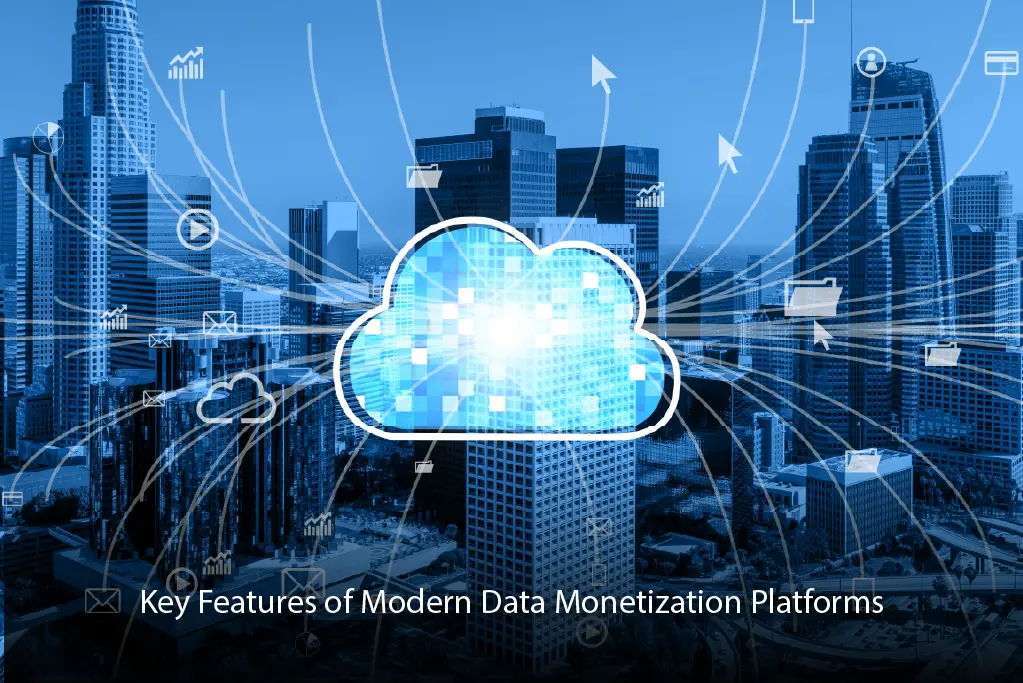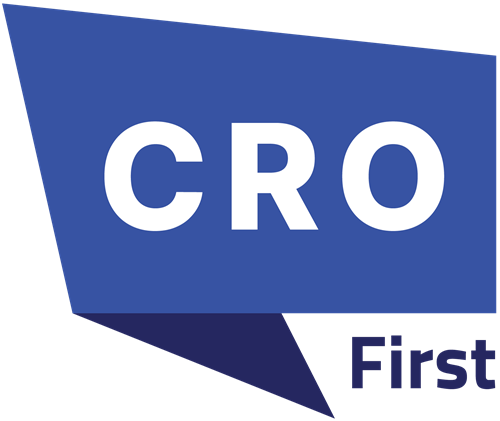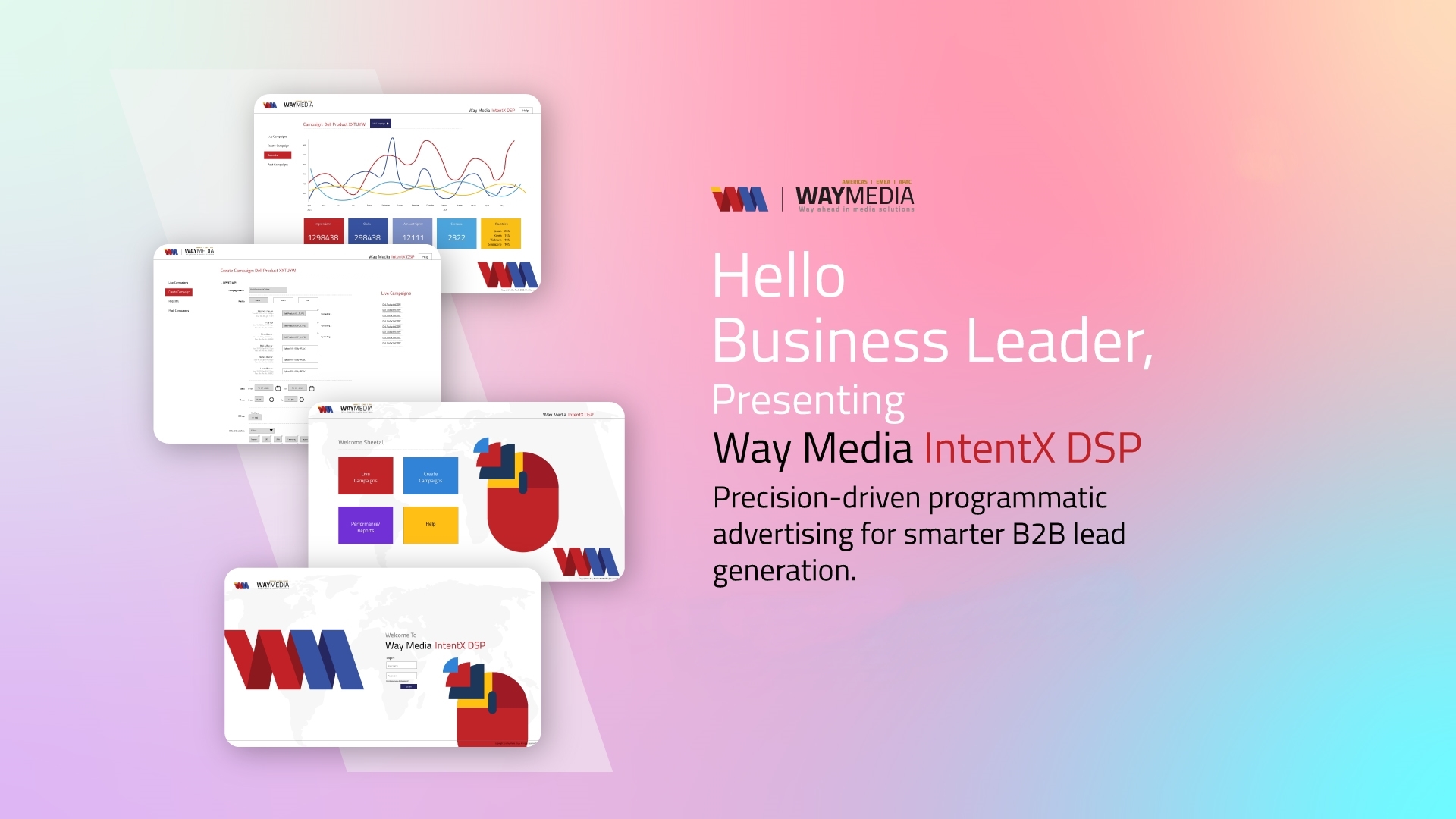For years, B2B companies relied on traditional ads to boost brand awareness and generate leads. Ads are still part of marketing strategies. For instance, according to Statista, Ad spending in the advertising market worldwide is forecast to reach US$1.16 tn in 2025. However, smart leaders, especially Chief Revenue Officers (CROs), see a big change happening. The real goldmine lies not in catchy slogans or flashy banners, but in the untapped potential of data. Data monetization platforms: a new way to boost revenue, engage customers, and stand out from rivals.
Moreover, the
The Limitations of Traditional Advertising in a Data-Driven World

Traditional advertising has long been the cornerstone of B2B marketing. Trade shows, print media, and digital ads all have benefits. But, their effectiveness is fading. Buyers today are inundated with content, and decision-makers increasingly tune out generic messaging. Measuring return on ad spend (ROAS) is tough. Even targeted campaigns find it hard to stand out.
The bigger issue, however, is that advertising operates on a one-way street. Brands send messages to connect, but they rarely gain valuable insights from them. Data monetization changes the game. It turns data about customer behavior, operational metrics, and market trends into a valuable asset. It’s not about shouting louder; it’s about listening smarter.
From Data Collection to Value Creation
Every B2B business creates a lot of data. This includes CRM interactions and supply chain logistics. Yet, many organizations treat this data as a byproduct rather than a revenue driver. Data monetization platforms help by analyzing, packaging, and selling data. They do this in a way that meets business goals.
Consider a global manufacturing company that leverages sensor data from its machinery. The company can use this data in a monetization platform. This will help clients with predictive maintenance insights. As a result, clients will experience less downtime and build stronger partnerships. Raw data turns into a valuable service. This shift creates steady income and builds customer loyalty.
Key Features of Modern Data Monetization Platforms

The best platforms have key traits that make them stand out from regular analytics tools. Scalability and flexibility are key. Enterprises must manage data from various sources. These include cloud infrastructure, IoT devices, and third-party APIs. A robust platform seamlessly aggregates this information, ensuring it’s accessible and actionable.
Advanced analytics and AI integration further elevate these systems. Machine learning algorithms spot patterns that people may miss. They can detect small changes in buyer sentiment and find new market opportunities. A SaaS company could use AI to look at user engagement data. This helps find upsell chances that match a client’s changing needs.
Security and compliance cannot be overstated. Platforms must follow privacy-by-design principles due to regulations like GDPR and CCPA. Encryption, anonymization, and strict access controls help monetize data ethically. This approach builds trust with customers and partners.
Finally, interoperability is essential. Modern enterprises operate in ecosystems, collaborating with vendors, distributors, and even competitors. Data monetization platforms allow safe data sharing and keep governance. They help businesses join data marketplaces or industry groups. This opens up new ways to earn money.
Real-World Applications: Where Data Becomes Currency
Data monetization theory is interesting, but its real-world effects grab CROs’ attention. In healthcare, providers team up with tech companies. They work to anonymize patient data. This combined information helps drug companies speed up discovery. It’s a win-win situation. Hospitals earn money from their data. Researchers gain insights that can save lives.
In logistics, companies like Maersk now offer vessel tracking data as a premium service. Clients get instant updates on shipping routes, weather issues, and port delays. This helps them improve their supply chains. What was once an operational metric is now a high-margin product.
Even professional services firms are jumping in. A big consulting firm just launched a subscription platform. It offers industry benchmarks and trend analyses based on its project data. Clients now invest in a living knowledge base that grows with market changes, not just advice.
Navigating Challenges: Ethics, Security, and Organizational Buy-In
While the opportunities are vast, data monetization isn’t without hurdles. Privacy concerns top the list. Businesses need to balance making money with being responsible. They must use data in ways that match what customers agree to and follow the rules. Clear communication is essential. Clients are more likely to share data when they know how it’s used and protected.
Security threats loom large. A breach in a monetization platform can harm a company’s reputation and profits. Investing in zero-trust architectures and regular audits is essential. It’s key to sustainable monetization.
Perhaps the most underestimated challenge is cultural. Shifting how we see data—from a cost to an asset—requires teamwork across functions. Sales teams need to sell data products. IT departments must focus on scalable infrastructure. Legal teams should tackle compliance risks head-on. CROs need to lead this change. They should align incentives and build a culture that values data curiosity.
The Future of Revenue Growth: Ecosystems and Hyper-Personalization
Looking ahead, data monetization will transcend transactional exchanges. Forward-thinking enterprises are building data ecosystems where partners, suppliers, and customers co-create value. Picture a car maker sharing live performance data with insurance companies. This helps them create policies that fit each driver’s habits. Such collaborations blur industry lines, creating entirely new markets.
Hyper-personalization will also redefine B2B relationships. AI-driven platforms help sales teams predict client needs even before they express them. A CRO at a cybersecurity firm can use threat intelligence data. This helps them advise clients on industry-specific vulnerabilities. It positions the company as a strategic ally, not just a vendor.
Actionable Insights for CROs Ready to Lead
For CROs, the message is clear: data monetization isn’t a distant trend—it’s a present-day imperative. Start by conducting a data audit. Identify underutilized assets, whether customer usage patterns, operational metrics, or market research. Next, check technology partners. Look for secure and scalable platforms made for your industry’s needs.
Engage stakeholders early. Legal, IT, and sales teams need to work together. They must tackle compliance, infrastructure, and go-to-market strategies. Start small by packaging niche data sets for a specific client group. Then, gather feedback and make improvements.
Finally, educate your clients. Demonstrate how shared data benefits everyone. This includes better services, cost savings, and new ideas. Transparency builds trust, and trust fuels long-term monetization.
Conclusion: Redefining Value in the B2B Landscape
Data monetization platforms are changing how B2B companies create and capture value. For CROs, this is more than using new technology. It’s about rethinking how data fits into every revenue strategy. Companies that embrace this shift will thrive. They will turn information into insights. Then, they will change insights into offerings. Finally, offerings will create lasting competitive advantage.
The future belongs to those who recognize that data isn’t just the new oil—it’s the new currency. In this economy, the most successful businesses will invest in smarter platforms, not louder ads.



